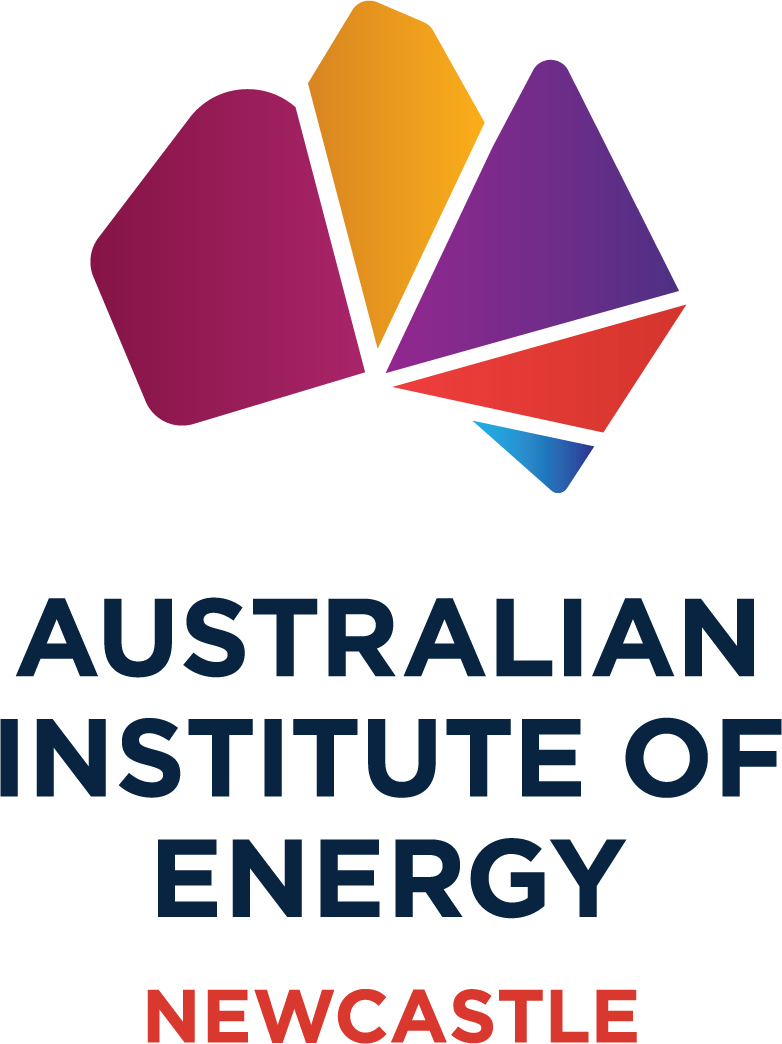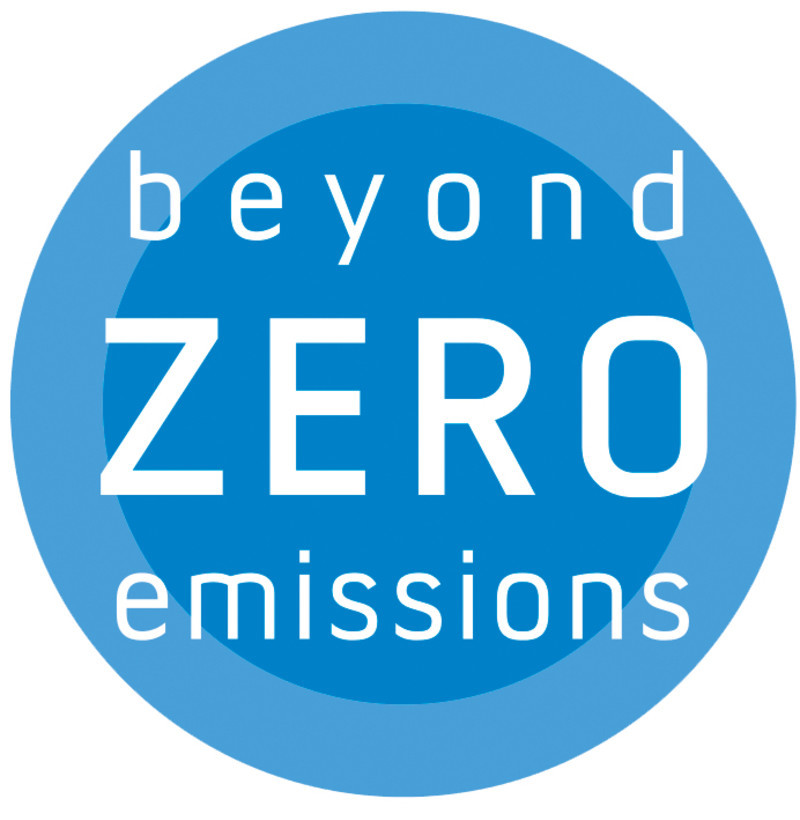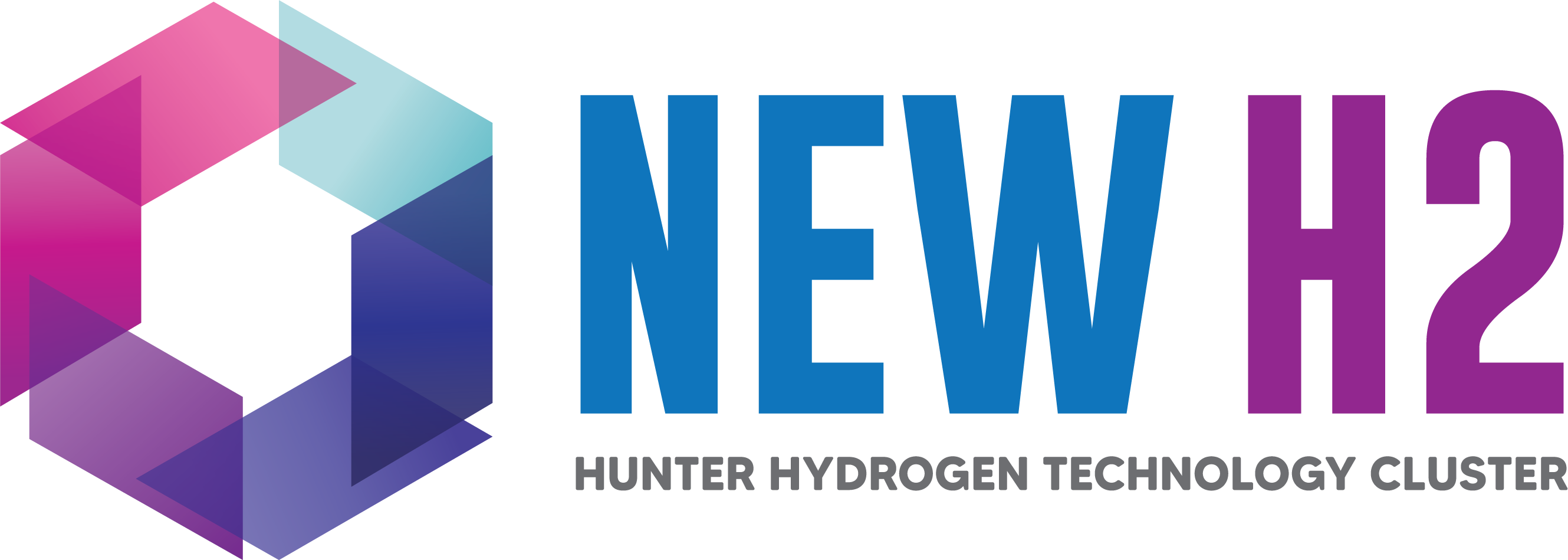National action needed to improve community energy literacy, according to new report
With little to no nationally coordinated effort to enhance Australia’s energy knowledge, there has been no improvement to levels of community energy literacy over the last 10 years.

For most people in our community, the concept of energy goes no further than the price they pay to keep the lights on, but in reality, the majority of Australian households, businesses and industries are still in the dark when it comes to understanding how and why energy is fundamental to our way of life.
Confusion around key energy issues continue at a societal level, with concern about energy pricing, reliability and renewable versus non-renewable generation masking a deeper misunderstanding about the sources of power generation, grid electrification and pathways to a low-emissions future.
These findings are part of the new Building Australia’s Energy Literacy report, released by NERA (National Energy Resources Australia), the Australian Government’s Industry Growth Centre for the energy resources sector. The report provides an independent definition of energy literacy and offers recommendations to coordinate under a national framework what is currently a fragmented landscape driven by sectoral agendas.
NERA commissioned The University of Queensland to produce the report as a key action to support an independent, collaborative and evidence-based approach to improving the understanding of energy across Australia.
The research was led by Professor Peta Ashworth, Chair in Sustainable Energy Futures and one of Australia’s leading experts in sustainability, energy literacy and public perceptions of climate and energy technologies.
Professor Ashworth said: “I have been working in this area for many years now and despite the growing interest in energy as prices have risen, combined with the need to mitigate carbon emissions, there has been little change in overall energy literacy levels. The challenge is around building understanding of how to manage the transition to a sustainable low carbon society.”
“While there are small pockets of groups working in this space, much of the work focuses on electricity bills. There is certainly room for a more coordinated approach to broaden the scope of energy literacy as well as building the required skills.”
The major recommendation from the Building Australia’s Energy Literacy report is the establishment of a facilitated national workshop that will bring together a range of stakeholders who deliver activities that relate to building energy literacy. The workshop will seek to:
- Coordinate the current offerings into a more coherent story
- Develop an Australian Energy Literacy Steering Committee
- Identify the gaps in energy information
Other key recommendations include:
- Developing a plan to address the gaps
- Undertaking a national survey to establish the baseline for Australia’s energy literacy













